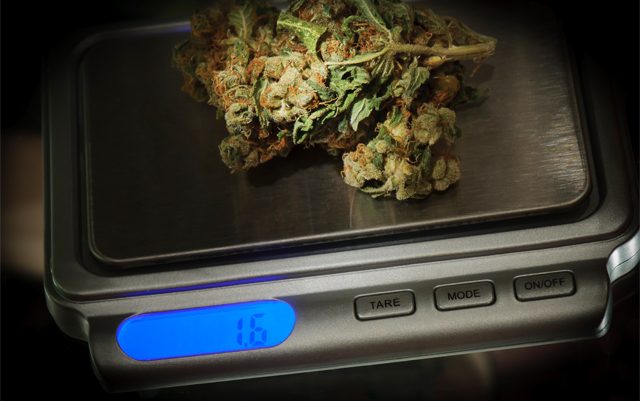Last week, voters in Michigan approved adult-use cannabis legalization in their state, by a considerable margin. Many have an opinion on this, and Detroit Free Press columnist Mitch Albom is no exception.
In a recent op-ed, Mitch took the legalization measure to task, for one specific reason; while Mitch admits the efficacy of medical marijuana and acknowledges the excessive human toll that comes with imprisoning people under cannabis prohibition, he feels the new legalization missed the mark in one key area: the tax rate is too low.
“Dealers in Michigan will only have to shoulder a 10 percent excise tax – plus collect our normal 6 percent sales tax, which is what you pay if you buy a toaster at Best Buy,” Mr. Albom writes.
According to Mitch, this simply will not do, and in making his case he shows a lack of understanding as to how the free market works. “Remember, collecting the lowest taxes doesn’t mean you’ll get the lowest prices,” Mitch opined. “Economics might suggest that, but greed is not subject to rules. After all, the state won’t be selling you your marijuana, private businesses will. They can charge what they want.”
While it’s true on the surface that businesses can “charge what they want”, in a market that includes competition, this assertion falls apart. If retail shop A charges $12 a gram and shop B a few blocks over charges $9 a gram and shop C across town charges $8 a gram, how long will shop A be able to keep their prices at $12 before sales begin to drop because customers are choosing to pay lower prices elsewhere?
The fact is that Michigan having a lower tax rate will bring in investment to the cannabis industry there, increasing competition, which in turn will improve quality and efficiency while putting downward pressure on overall prices – a turn of events that Mitch says won’t happen because of “greed”.
According to Mitch, money made from the marijuana industry should go to the state government, where it will be spent more wisely and it will somehow keep marijuana prices lower than if cannabis prices were controlled by private businesses.
Mitch stops short of calling for state sales of cannabis – other than his odd objection that “the state won’t be selling you your marijuana, private businesses will.” His solution is higher marijuana taxes; after all, other states with legal recreational marijuana industries have set higher tax rates than the one called for by the recently-passed ballot measure in Michigan.
But higher taxes will mean higher prices and less investment in the Michigan marijuana industry by private businesses, which will lead to a more robust black market for cannabis sales, something Mitch seems to ostensibly be against.
Mitch thinks that less tax money for the state and more jobs and lower prices for marijuana consumers is a problem. He thinks higher tax rates mean higher revenues with no loss in overall industry investment.
If that were the case, why not just set a 100% tax rate; that would mean all the profits would go to the state, right?






